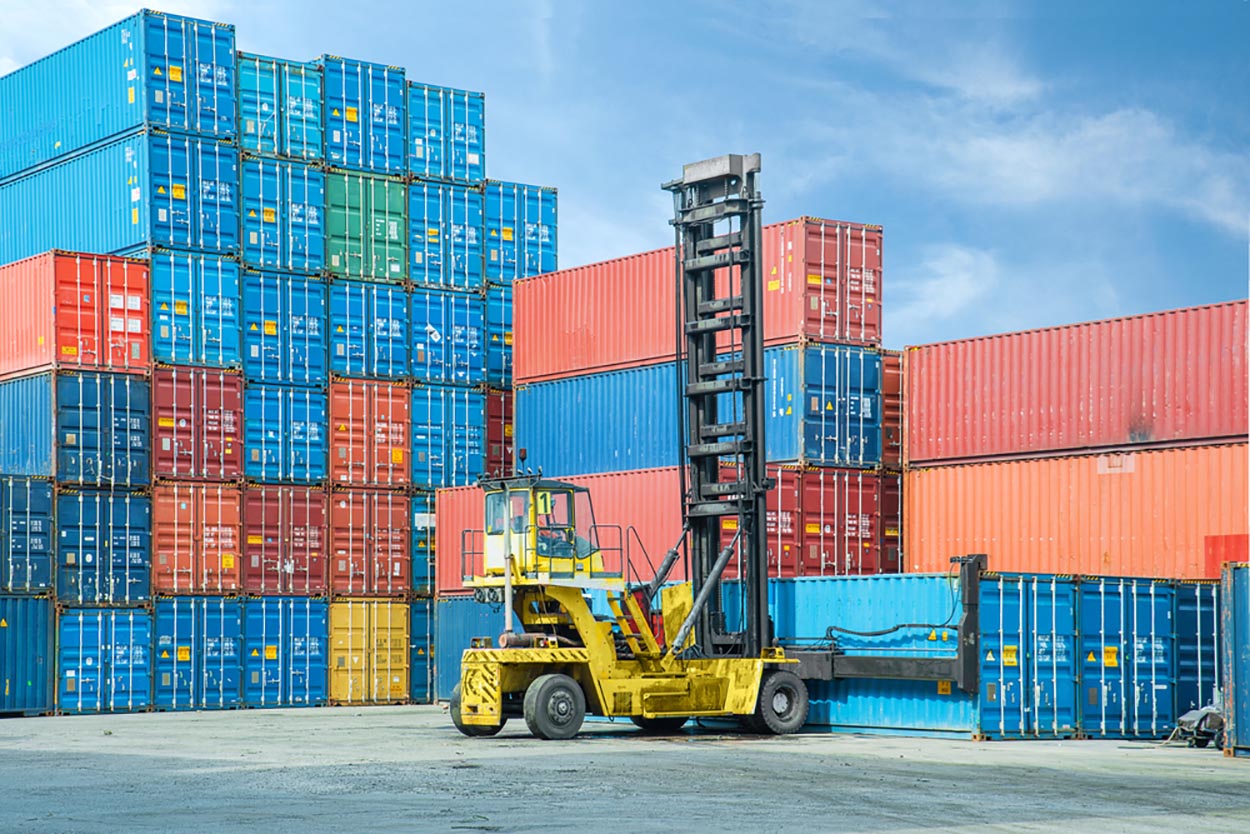Cargo Expedition: The Important Role in Modern International Trade
Cargo Expedition: The Important Role in Modern International Trade
Blog Article
Cargo transports function as the backbone of international trade and ensure the smooth movement of products across borders as well as continents. They play an essential role in connecting suppliers, manufacturers, and consumers, facilitating the global economy. From transporting raw materials for production, to the delivery of finished goods to market places, cargo excursions ensure that supply chains operate smoothly. In the midst of rapid internationalization, the need for reliable and efficient cargo service has risen significantly and transformed the business into an extensive web of logistics, technology and infrastructure. Each successful transaction in trade, whether small or large, hinges on the effectiveness of cargo expeditions.
One of the key components that make a cargo voyage successful is the range of transportation modes available to satisfy specific requirements for shipping. Air cargo, which is known for its efficiency and dependability can be used in a variety of cases for valuable or sensitive goods like electronics, pharmaceuticals, and fashion products. Ocean shipping on the other hand, dominates the transport of bulk items, with cost-effective options for products such as grain, oil and machines. Land transportation, which encompasses railroads and trucks, is crucial in last-mile delivery and inter-regional connectivity. By integrating these modes into multimodal transportation systems cargo transport, cargo trips maximize efficiency and reduce transit times, ensuring goods reach their destinations on schedule.
The logistics associated with cargo expeditions require meticulous planning as well as coordination between different parties which include freight forwarders shipping firms, customs brokers and consumers. The companies must take into consideration a variety of factors that affect the logistics of their cargo, such as routes transit times, potential delays and regulations regarding customs, all of which affect the overall cost and efficiency of the delivery. Customs regulations can play an important role in international shipping, as goods must clear customs before getting into or out of a nation. Incorrect documentation or failure to meet regulations can cause delays, thereby increasing expenses and making the process. The efficient management of cargo, as such, demands a high level of coordination as well as expertise in order to navigate these complexities and to ensure prompt delivery.
Sustainability is now a major aspect of the Cargo Expedition sector, reflecting the growing awareness of the environmental impacts. Companies are increasingly adopting greener techniques, for example using electric trucks, and fuel-efficient planes. Eco-friendly packaging and efficient use of shipping routes is helping to reduce carbon emissions and the waste generated. Internationally, governments and companies are encouraging these practices through rules and incentives that push forward the shipping industry to a more eco-conscious and sustainable future. Sustainable practices are does not only match the global goals for environmental sustainability, but will also appeal to consumers as well as companies that are committed to green practices within their business operations. To get new information kindly look at https://muat.com/
Sustainability is a significant consideration in shipping expeditions since the logistics industry is under increasing demands to minimize its impact on the environment. Transportation, specifically in the air and maritime sectors can significantly contribute to global carbon emissions. To combat this numerous companies are adopting more sustainable practices, including using sustainable fuel, enhancing routes to decrease fuel usage, and making investments in more energy efficient technologies. In addition, a few companies are exploring alternative methods of shipping cargo such as the use of electric trucks, or even solar-powered vessels, to reduce their carbon footprint. A growing focus on environmental sustainability during cargo journeys reflects a broader global tendency towards green and the necessity of tackling the issue of climate change.
With the world becoming more interconnected, demand for reliable and effective logistics services to transport cargo continues increase. E-commerce has revolutionized the logistics sector, resulting in the need for speedier, efficient delivery methods in order to satisfy the demands of the customers, who require faster processing times for their orders. The worldwide growth of online shopping has caused shipping companies to design systems that can provide greater flexibility in delivery, like next-day or same-day deliveries. With this in mind, many businesses utilize advanced technologies, like drones, autonomous vehicles to improve the speed and precision of delivery. Innovations like these are changing the way shipping routes, making them more efficient and adaptable to requirements of the modern consumer.